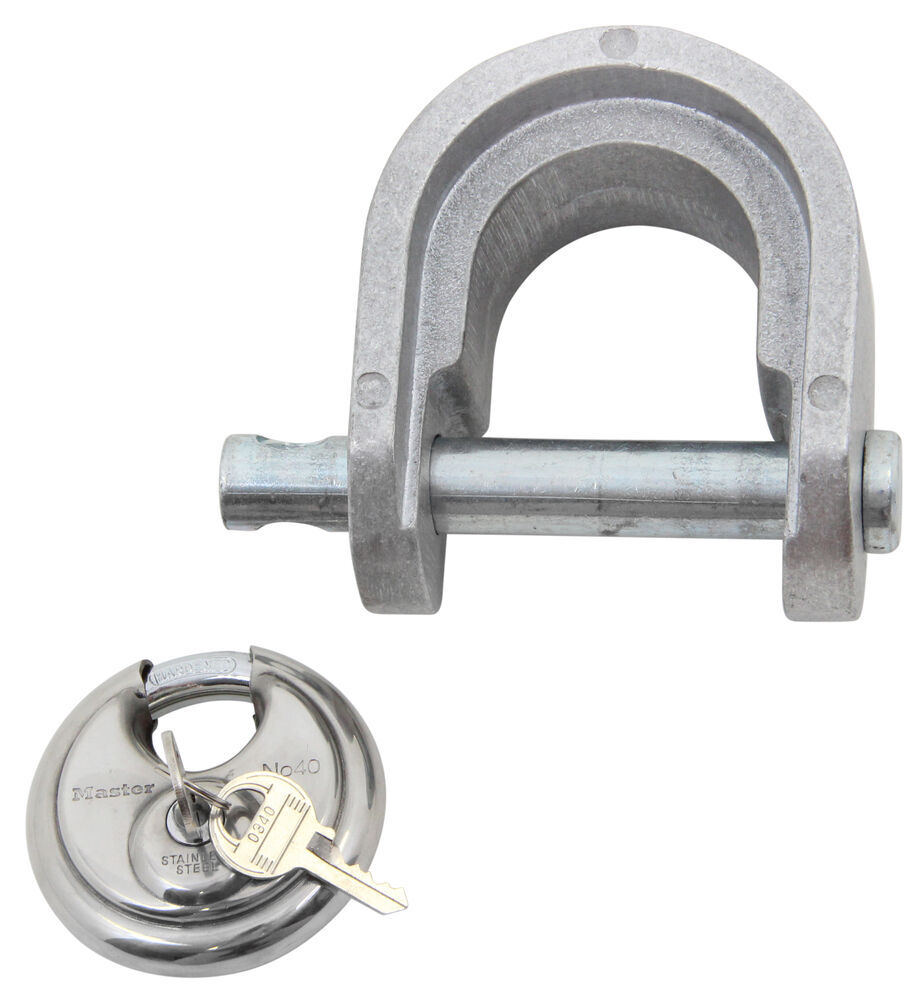
This unit uses an extremely high security and rugged key system This steel trailer king pin lock fits onto any equipment with a king pin lock. Includes a high security cylinder and two keys, keyed alike available.
King pin lock portable#
The sound of a pin dropping as a type of something all but silent is from 1775.An incredibly secure yet light, practical and portable carbide?steel trailer king pin lock. Pins and needles "tingling sensation" is from 1810. Pin-money "annual sum allotted to a woman for personal expenses on dress, etc." is attested from 1620s. The meaning "wooden stick or club set up to be knocked down in a game" (skittles, bowling, etc.) is by 1570s. Transferred sense of "leg" is recorded from 1520s and holds the older sense. The modern slender wire pin, used as a fastener for clothing or in sewing, is attested by this name by late 14c., perhaps late 13c. 1200 as a control for a mechanical device, late 14c.

Late Old English pinn "peg or bolt of wood or metal used to hold things in place or fasten them together," from Proto-Germanic *penn- "jutting point or peak" (source also of Old Saxon pin "peg," Old Norse pinni "peg, tack," Middle Dutch pin "pin, peg," Old High German pfinn, German Pinne "pin, tack") from Latin pinna "a feather, plume " in plural "a wing " also "fin, scoop of a water wheel " also "a pinnacle a promontory, cape battlement" (as in Luke iv.9 in Vulgate) and so applied to "points" of various sorts, from PIE root *pet- "to rush, to fly."ĭe Vaan and Watkins say Latin pinna is a derivative of penna, literally "feather" (see pen (n.1)) older theories regarded pinna as a separate word from a root meaning "sharp point." The Latin word also was borrowed in Celtic: Irish pinne "a pin, peg, spigot " Welsh pin "a pin, pen." The transition from 'feather' to 'pin' (a slender or pointed instrument) appears to have been through 'pen,' a quill, to ' pen,' a style or stylus, hence any slender or pointed instrument Īs a part of a lock or latch, c. Clarke played the King all the evening as though under constant fear that someone else was about to play the Ace." t was Field who haunted the declining years of Creston Clarke with his review of that actor's Lear.

Three Kings for the Biblical Wise Men is from c. 1400 the playing card from 1560s the use in checkers/draughts is first recorded 1820.

The word acquired a more imposing quality with the rise of European nation-states, but then it was applied to tribal chiefs in Africa, Asia, North America. In Old English, used for chiefs of Anglian and Saxon tribes or clans, of the heads of states they founded, and of the British and Danish chiefs they fought. Meaning "one who has superiority in a certain field or class" is from late 14c. Finnish kuningas "king," Old Church Slavonic kunegu "prince" (Russian knyaz, Bohemian knez), Lithuanian kunigas "clergyman" are forms of this word taken from Germanic. General Germanic, but not attested in Gothic, where þiudans (cognate with Old English þeoden "chief of a tribe, ruler, prince, king") was used.

"The exact notional relation of king with kin is undetermined, but the etymological relation is hardly to be doubted". The sociological and ideological implications render this a topic of much debate. It is possibly related to Old English cynn "family, race" (see kin), making a king originally a "leader of the people." Or perhaps it is from a related prehistoric Germanic word meaning "noble birth," making a king etymologically "one who descended from noble birth" (or "the descendant of a divine race"). A late Old English contraction of cyning "king, ruler" (also used as a title), from Proto-Germanic *kuningaz (source also of Dutch koning, Old Norse konungr, Danish konge, Old Saxon and Old High German kuning, Middle High German künic, German König).


 0 kommentar(er)
0 kommentar(er)
